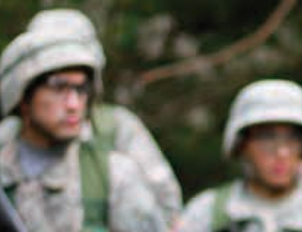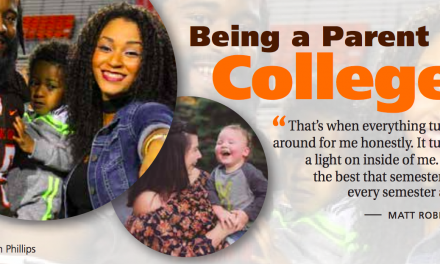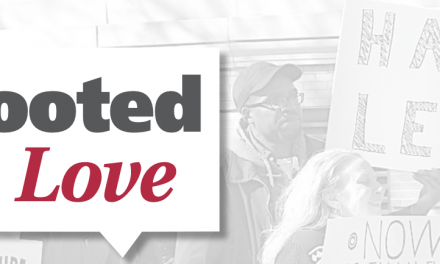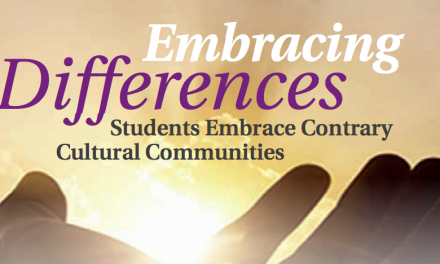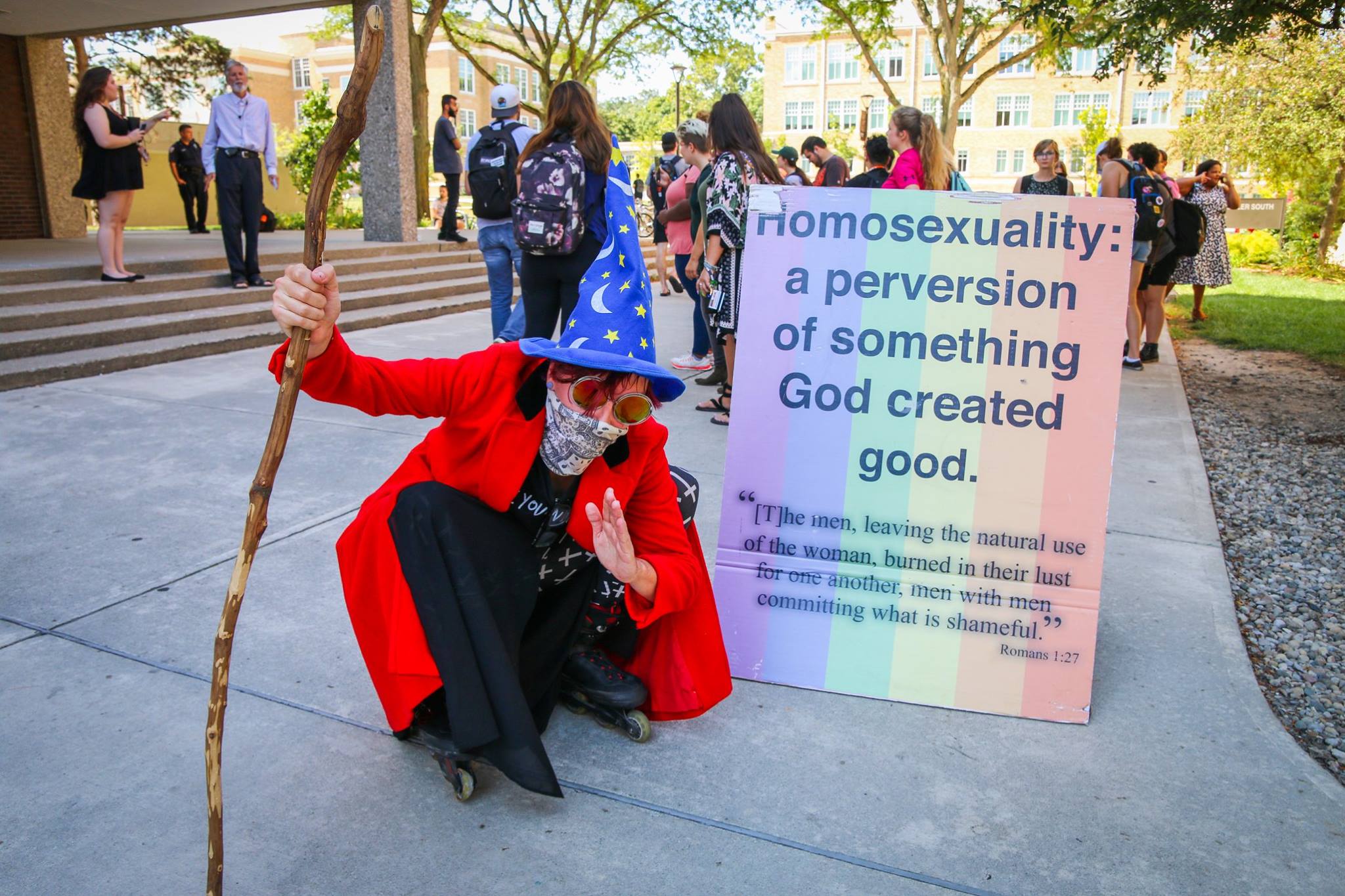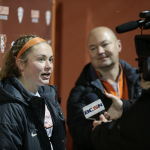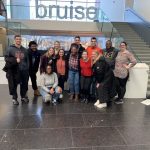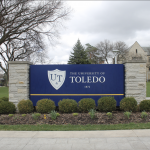
By Cheyanne Eagy | Spring 2018
University students are proud to be a diverse bunch, but one aspect of diversity is often overlooked: life experience.
The Non-Traditional Student Organization provides support and opportunities for campus involvement, career development, and peer engagement to students who are also active military, veterans, over the age of 23, or identify as nontraditional.
“I wanted to create a group for students who had experiences that set them apart from the typical college student,” organization founder Lori Fox said. “With the increasing number of nontraditional students entering BGSU, this organization provides a place that encourages connections and involvement.”
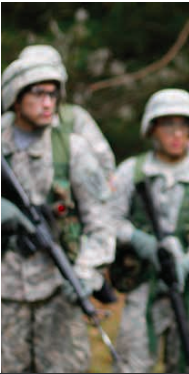
The organization publishes a newsletter, “The Falcon Prime,” and hosts monthly meetings where nontraditional students can catch up with peers and talk about the various campus activities.
Tracie Compston, 26, said her experience with the organization has been beneficial. As a student who works two jobs and commutes, Compston said, “I am as involved as I can possibly be. I’ve met some really decent people since I started going to non-trad meetings.”
Fox founded the student group in 2017. The idea stemmed from her own experience as a nontraditional student who came to the University following a 20-year break. “I realized how different I was from the traditionally aged student,” Fox said. “My perspectives were different and it was a challenge to find anyone who could relate to what I was going through. I felt like I didn’t belong.”
Fox thought other students might share her sentiment. She created NTSO with the goal of creating a space in which nontraditional students could find representation and voice their needs or concerns. The need for this organization and support programs on campus reflects the growing population of nontraditional students in higher education.
According to an article in The Atlantic, 38 percent of those enrolled in higher education are over the age of 25 and one-fourth are over the age of 30. The article states the share of all students who are over age 25 is projected to increase another 23 percent by 2019.
The presence of nontraditional students on campus benefits traditional students, Fox said.
“ I wanted to create a group for students who had experiences that set them apart from the typical college student.”
– LORI FOX
Organization Founder
“Being in a class with nontraditional students provides other students a chance to learn compassion, understanding and empathy,” she said.
Fox said nontraditional students have something called “lived experience” that sets them apart and makes them a great asset to the campus community. In addition to the student organization, nontraditional students can get assistance through the Office of Nontraditional and Military Student Services located in the College Park building.
Fox said the majority of the staff members in the office have been nontraditional students themselves and have a deep understanding of the feelings and the obstacles nontraditional students are facing. As for the student group, Fox wanted to create something that would be a positive addition to a college experience not be another chore on a very long list of things to do.”
The Nontraditional Student Organization wants to continue to serve a growing population of students with life experiences that can be shared with the students and faculty who seek to further the diversity of our campus. Don’t hesitate to talk to us. I promise we’re all nice,” Compston said.

